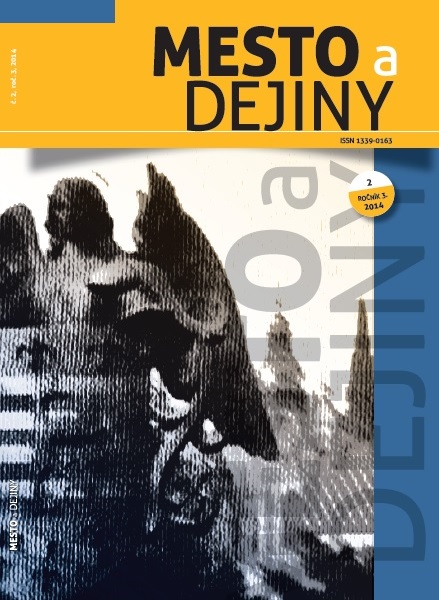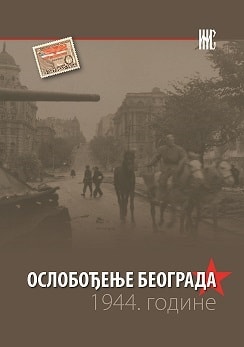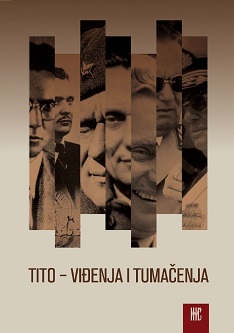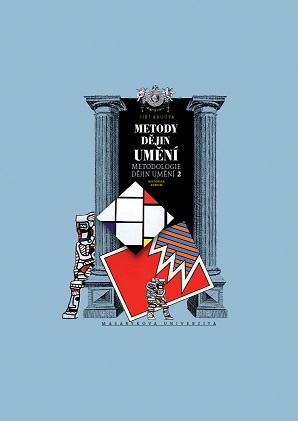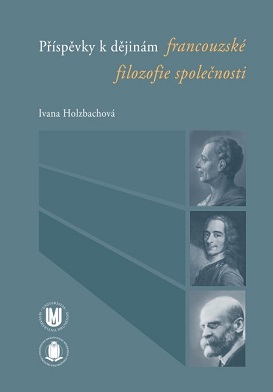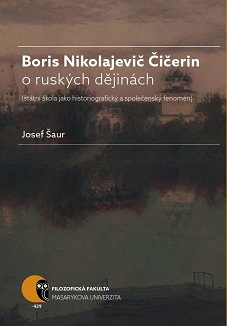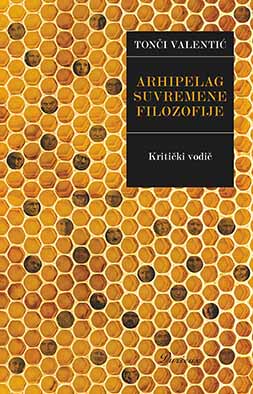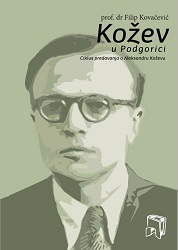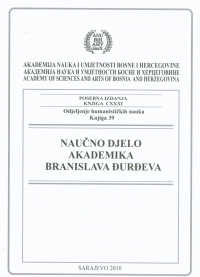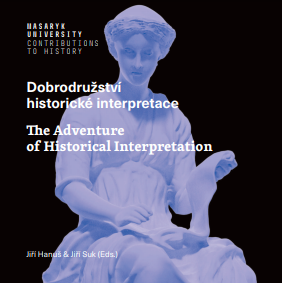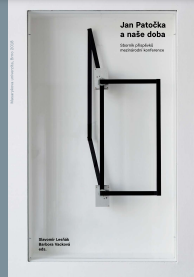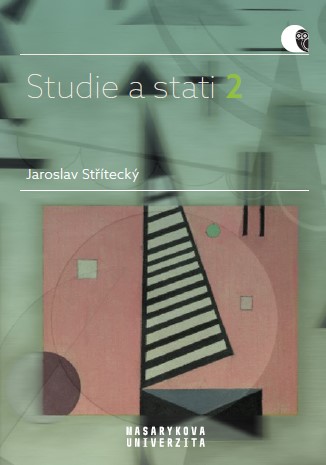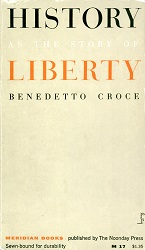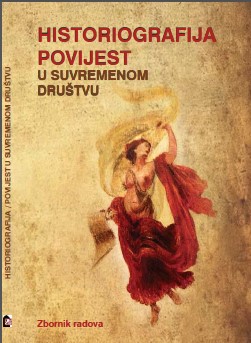Author(s): Zdenka Janeković Römer / Language(s): Croatian
Publication Year: 0
A great discussion about the notion of revision of history can recently be followed. Many researchers (Thomas Kuhn, Michel Foucault, Michel de Certeau, Ronald Hutton, Arthur Marwick, Ernst Nolte, Deborah Lipstadt, François Furet, Gabrielle Spiegel, Jonathan Gorman, Ethan Kleinberg etc.) approach this problem from theoretical and methodological point of view. Even the notion of revision itself is under discussion. Other topics include methods of revisionism, evolutionary / revolutionary aspects of this process of history revision, (un)necessity of consensus among historians and other researchers regarding the change of paradigm, problem of interpretation, and territorial / temporal framework of revision. On the other hand, the problem of historical revision in the Croatian historiography has not been discussed theoretically as legitimate part of historiography, but only as a part of ideological or political paradigms. Namely, the notion of revisionism is tightly connected with negation of notorious historical facts, primarily in relation to (war) crimes. Such aspects of revisionism in fact can be covered by some other terms such as negationism, misuse, distortion, falsification, ideologization, and political manipulation / control of history. By the same token, with such a precise usage of terminology regarding the notion of revisionism one could avoid misunderstanding and misusage of terms. At the same time, historiography would not be burdened with political or ideological boundaries that limit scholarly investigation and interpretation of historical facts. However, disapproving of historical revisionism often does not argue impartiality of historical facts but aims at defending of some historical interpretations, treating them as historical truth, which basically leads to ideologization that cannot be scholarly acceptable since such approach prevents scientific development of historiography. Of course, history has its social and political role, but as a scholarly discipline it must not become “storage” of historical facts and “acceptable” interpretations. The basic meaning of term “revision” is “re-view”, that is interpretation and re-interpretation, thinking about history from different angles and perspectives and such an approach is distinctive scholarly tool of historiography. New scholarly methodologies and methods enable historiography to detect new historical facts, sources and other testimonies of the past times. However, this does not mean that we should avoid reinterpretation of existing interpretations and theses, since new methods impose new sets of questions that can change / broaden our perspective of research of the historical events / past. Some of historical sub-disciplines have already empirically demonstrated what new can be done if we only take a different angle of monitoring the historical facts. For example, women’s history has completely redefined modernists’ paradigm of the European male political elite history. Similarly, reinterpretation of the Middle Ages, renaissance, French revolution, American civil war, Eurocentric historiographical approach opened a completely new vision of global historical development, and, as we speak, discussion about revisionism regarding the World War One, World War Two, and Cold War period goes through tremendous change. Regarding theoretical discussion one can notice the recent examples of post-modern revision of post-structuralism, and such radical position of post-modernist supporters mainly was provoked by an unjustified glorification of objectivism in historiography, since post-modernists have revealed that “objective discourse” is basically another ideological construction. Namely, modernists’ empiricism thought of historical facts as something that was “found” in the past, unrelated to any interpretation, and consequently that historical cognition is absolute and independent from our perspective. However, such point of view basically leads to the instrumentalization of historiography with imposition of absolute essential concepts, often heavily burdened with political and ideological positions. Istrumentalization of history for some political reasons produces questionable and limited knowledge that is subjected to a political power. Various political and socially engaged groupations seek in history their own “acceptable past”, their identity, legitimacy and continuity. Historiography in their eyes represents only a tool for their non scholarly shaped goals. Such an approach towards history can be traced within dominant and marginal parties equally, but it is particularly evident among those who control institutions and educational system. Consequently, historical events and processes are put into present-day context, and historiography becomes a kind of tool and authority for legitimacy of the past. As George Orwell said: He who controls the past controls the future. He who controls the present controls the past.
More...
